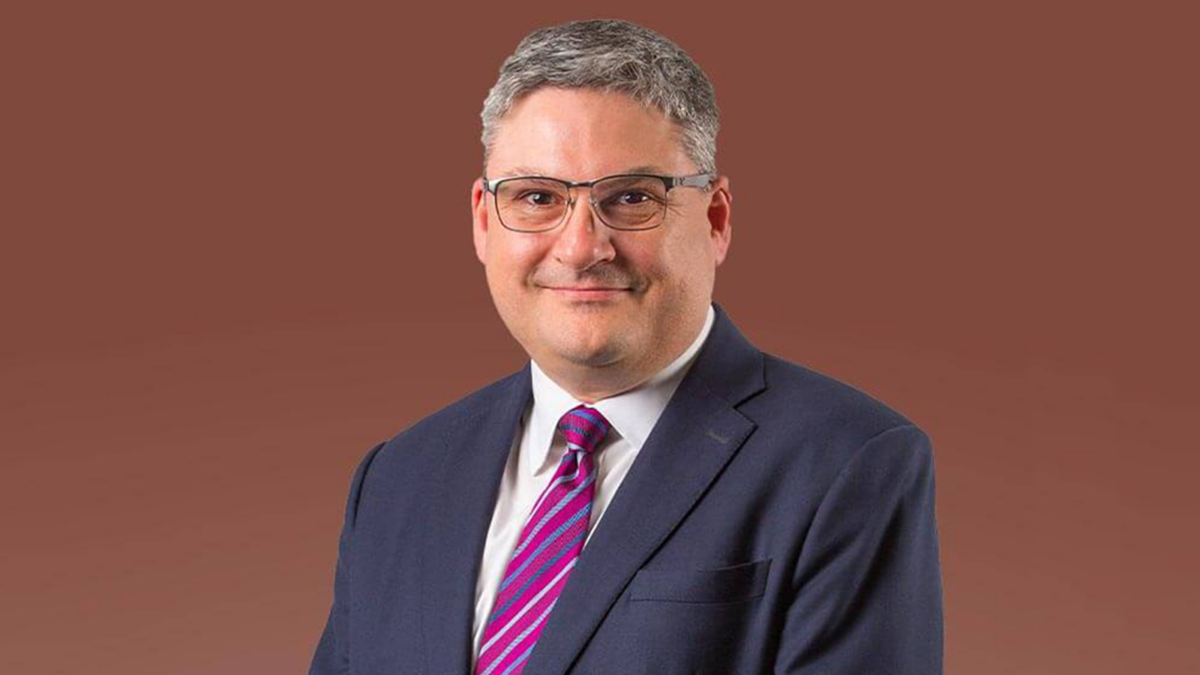Future Fund taps Wellington for active Japanese equities expedition
Eagle-eyed Future Fund watchers would have noticed a small update to its roster of developed market equities managers this week, with Wellington Management joining the likes of SSGA, Insight Investment Management and UBS Securities Australia. That’s because Australia’s sovereign wealth fund is, according to sources, using them to dip its toes into active Japanese equities as part of its much-discussed return to active equity management.
There’s some nuance to all this. While its previous foray into active equity management was a standalone mandate with Maple-Brown Abbott’s distinguished small caps team, its active exposure to Japanese equities is apparently more an experiment, and managed in a sleeve by Wellington. The word is that the Future Fund likes the idea but is waiting for true proof of concept, and have decided to go with a trusted partner (Wellington handles a couple of alternatives strategies for them) with Japan bona fides (it’s already run Japanese equity funds and has a Tokyo office) to get it.
The Future Fund has backed Japan with an overweight for some time; in its most recent annual report, it had eight per cent of its equities portfolio allocated to the country, and CEO Raphael Arndt previously highlighted Japan as an area of interest for its new active equities program.
“I’ve talked in particular about the attractiveness of the Japanese market, as well as other developed markets… We’re certainly continuing to look at opportunities there,” Arndt told a media briefing in January for the Future Fund’s calendar year results, and previously cited healthy corporate balance sheets, reasonable valuations and an end to the hoarding of capital that has defined many Japanese corporations since the collapse of its ‘bubble economy’ in the 1990s as good reasons to take another look at the country.
The Future Fund declined to comment.
‘Skill, not luck’
The Future Fund withdrew from active equity management back in 2017 and indexed its entire equity exposure, citing the inability of most managers to outperform their benchmark, but made a return in 2023 with the view that volatility brings opportunity.
“Conditions have changed. Economies are diverging and companies can better distinguish themselves in a more challenging environment,” Arndt said in April last year. “As a result, active alpha-seeking strategies in our $65 billion listed equities program are increasingly attractive, provided that we can be confident that returns are driven by skill and not luck.”
And while Maple-Brown Abbott was the recipient of the inaugural mandate, the Future Fund has been reluctant to disclose any other potential candidates.
“We are looking at other active manager strategies elsewhere in the portfolio and we are progressing on some offshore active strategies, but it’s not a case of moving the entire portfolio into active,” Arndt said in August. “We need to very carefully consider the opportunities for active managers in each market and also how they would fit together in our portfolio. We’ll continue to have market index passive factor strategies as well as active strategies.”











